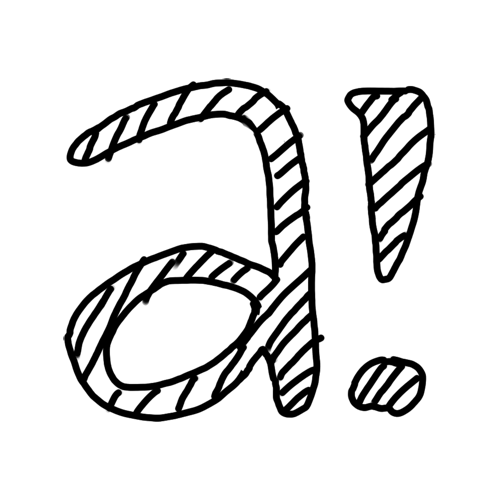If you feel lost, ask yourself these questions

There are six big questions in life, and they're not just for journalists. That's right - it's your favourite who, what, when, where, why and how. Surprisingly apt when applied to life. They can help bring you clarity if you feel lost and don't know what your next step should be.
Who
Who are you, and who do you want to be? Who do you surround yourself with?
For the first question, that would be things like your values, and what you want to stand for. Appearance, your physical body, your gender and sexuality, your personality, and what your genes predispose you to are some aspects of this as well. But I think the most important piece you can control would be your values, and that should form the core of your identity.
Take a long, hard look at your friends and family, too. Are they people you can trust with anything? Do you want to be like them in the future? Do they inspire you?
What
What should you aim to achieve?
Beyond possibly philosophy and learning about the problems in the world, the what isn't really taught in schools.
When you find your what, I feel like things fall into place more easily - find out what problem you want to tackle, find the root cause of that problem, and then learn the tools that you can use to solve it. I've personally started with figuring out this piece first. I grew up watching documentaries and I thought this world was worth protecting, so I thought I'd help out with climate change. And then also personal development - it probably saved my life because I grew to meet my adversities, and I want to encourage others to do the same, too. And I think it's only because I grew that I maximise my impact in reducing climate change, too.
When
When do you want to achieve your goals?
In terms of life stages - for example, right now you can be very focused on work, but perhaps in retirement you'd like to pick up new hobbies or finally get to becoming a writer. You can start giving to charity now, or leave it in your will. You can travel the world now, or only after you retire. If you're interested in having children, it will affect the When of everything else, too.
Where
Where do you want to live?
There are many countries to pick from. Or you could wander, forever.
Some people don't have the liberty of moving because of commitments and personal circumstances, but I encourage you to give this a think still. And challenge the notion that you can't live elsewhere - if you want to badly enough, you can.
Why
Why do you want the things you want?
It's highly recommended to know why. Ask yourself "why?" a few times until you get really deep - for example, some answers I've come up with are, "because I want this to be my contribution to the world", or "because only I can do this", or "so that I will be loved" (not too healthy, that last one). This helps to strengthen your conviction and drive.
Conversely, it could also help you find that your goals stem from peer pressure or outside influences - "because my parents said so"; "because that's what everyone else is doing"; "because that's the way life is". I challenge you to think of something better. Don't let someone else transplant a Why onto you.
How
How do you want to achieve your goals?
Take a look at the course catalog of any school, and you'll find lessons on many different topics. When you zoom out, you realise that these are all skills - be it hard or soft skills. These are all different ways you can get to your goals.
Alternatively, instead of starting with a goal, you could find out what tool you like to use the most (or eventually grow fond of), and then find the goals most suited to that tool.
For example, if you like to code, you could help companies upgrade their technology or help with data analytics. If you like investing, then perhaps you could branch out into impact investing. If you like research, then you could help with interesting questions that we don't have answers to. This might not lead you to solving the root cause, but hey, problems are multi-faceted, and you'd be able to chip at them anyway. Or, your goal can be to get really good at the tool you use. Sometimes that's the route artists and sportsmen take, to keep getting better and better at their craft.
There are many paths to what you want, some more interesting or faster than others. If you want to build a startup, joining an accelerator would probably make things faster than going solo. The How would also be informed by your answers to the previous questions.
Using this framework
This is just one way of looking at things that I've found that helps me to see life more clearly. I can't expect school to help me figure out my What - school is only there to show me How I can do things, and offer options for them. (At least in our current system.) So I need to look elsewhere for answers.
Writing your story
You probably won't have it all figured out, but this can help you see where you are missing pieces, or show you what you already know. And hopefully lead to a better life - on your terms.

